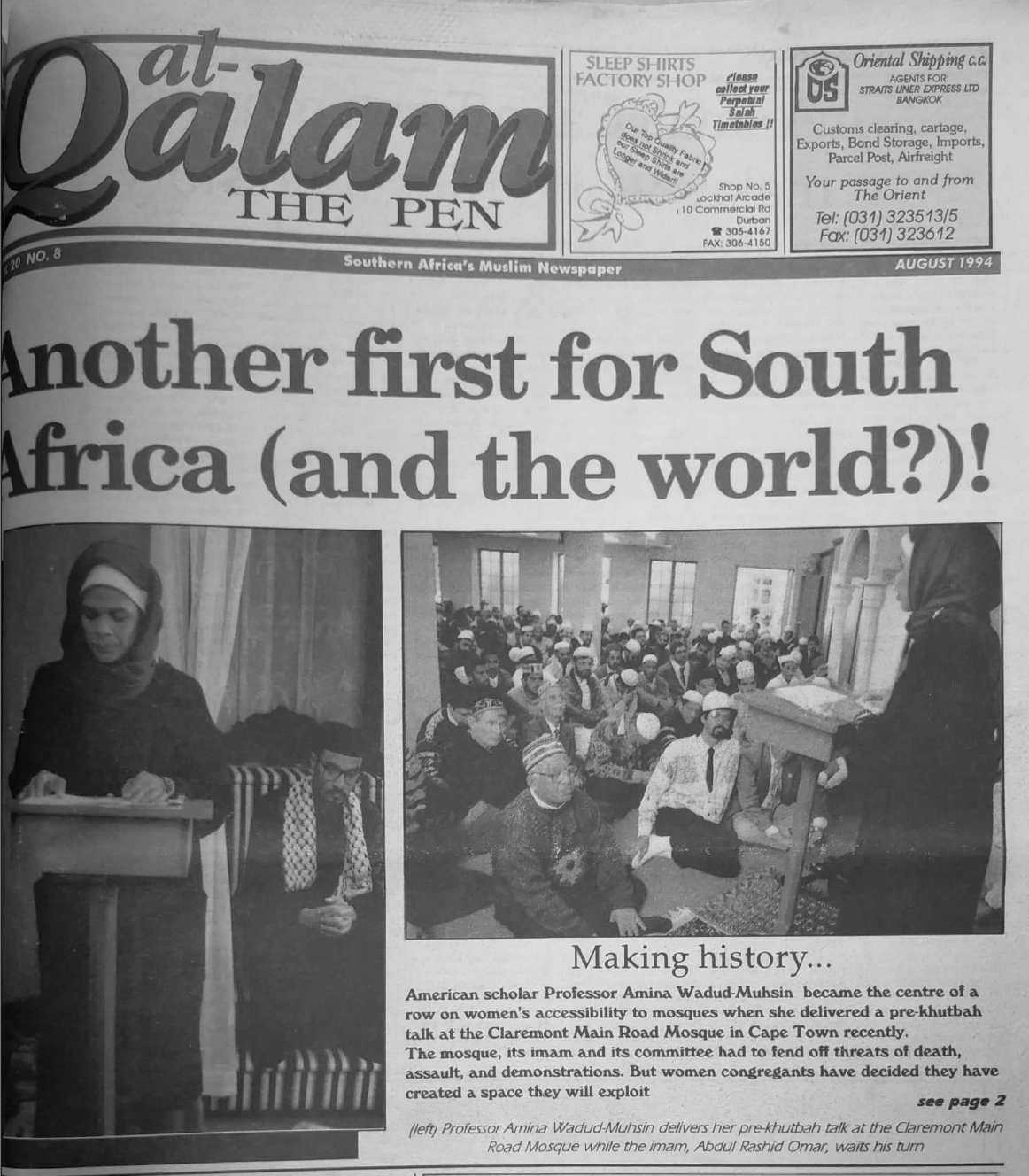GenPrISA

GenPrISA - Geneaologies of Progressive Islam in South Africa: an Intellectual History of the Claremont Main Road Mosque
ID Call: HORIZON-MSCA-2024-PF-01 MSCA Postdoctoral Fellowships
Sapienza's role in the project: Host Institution

Supervisor: Alessandro Saggioro

Fellow: Margherita Picchi
Department: History, Anthropology, Religion, Arts and Performing Arts
Project start date: December 1, 2025
Project end date: November 11, 2028
Abstract:
 This research aims to retrace the intellectual genealogy of progressive Islam in the context of South Africa, observed from a transnational perspective. the Claremont Main Road Mosque in Cape Town (CMRM) is chosen as the case study.
This research aims to retrace the intellectual genealogy of progressive Islam in the context of South Africa, observed from a transnational perspective. the Claremont Main Road Mosque in Cape Town (CMRM) is chosen as the case study.
Founded in 1854, CMRM is a historical Capetonian mosque that, in the early 80s, became a nodal point in the transnational circulation of Muslim progressive intellectual discourses and practices. The mosque made world history on August 14th, 1994, when Muslim theologian amina wadud was invited to deliver a sermon to the Friday congregation: it was the first time in modern history for a woman to do so. The term “gender jihad”, which the mosque's imam used in the aftermath of the event and that wadud has since adopted and popularised, is now used worldwide as an alternative to “Islamic feminism" - and yet the intellectual and historical landscape that shaped the action and the coinage of the term has received very little scholarly attention.
Taking the "amina wadud moment" as a watershed date, this project intends to retrace the intellectual development and historical circumstances that paved the way for this event; and explore the effects that the South African democratic transition and the subsequent years had on CMRM’s discourse.
The value of this project is not intended to be only theoretical: it seeks to offer insights and recommendations that can guide policymakers and civil society organizations in fostering social justice and diversity and in contrasting religious illiteracy and radicalisation.

